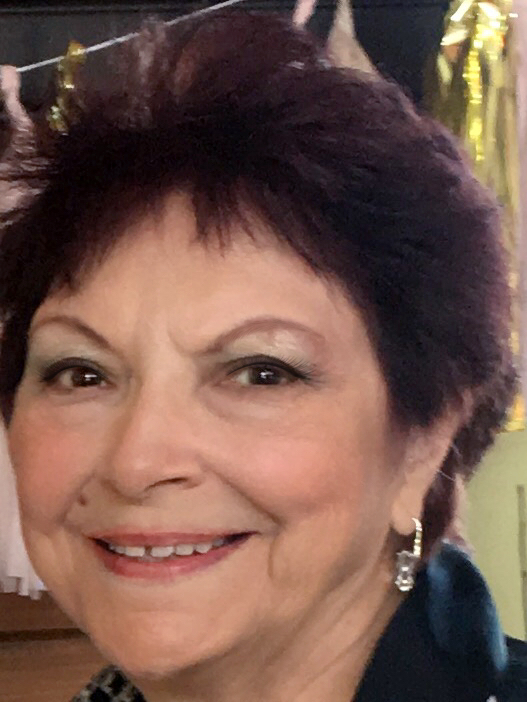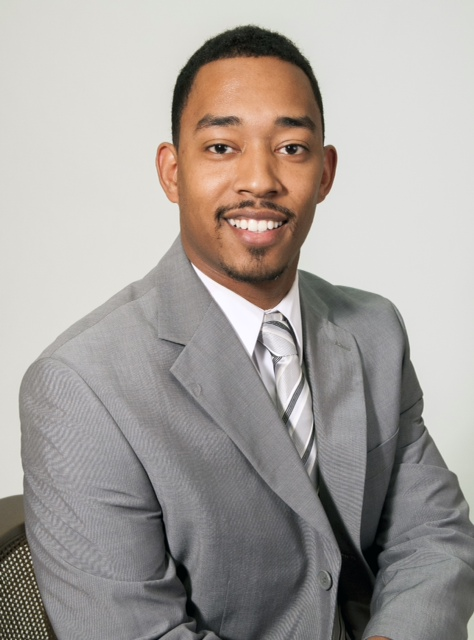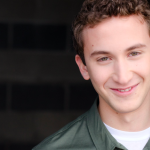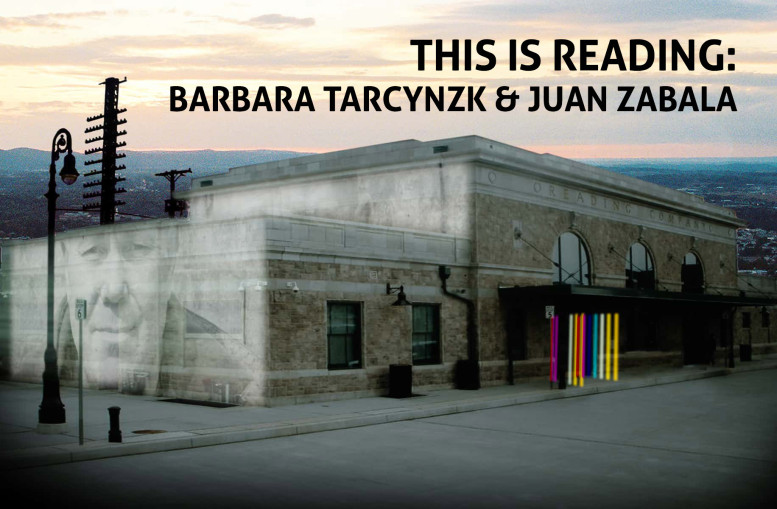Starting July 14, 2017, Lynn Nottage and her husband Tony Gerber’s Market Road Films will occupy Franklin Street Railroad Station in Downtown Reading with This Is Reading, a dynamic, site-specific multimedia installation blending live performance and visual media, re-animating the long-vacant building. Using as its foundation the challenges, and triumphs of people living in and around Reading, PA., This is Reading will weave their individual stories into one cohesive and celebratory compelling tale of the city.
Leading up to the big event in Reading, Extended Play is publishing an ongoing series of interviews Lynn and her team did with Reading residents. We’ll also share some special online video dialogues over the next three weeks. Ed Wasserman, Lynn’s associate, returns this week with interviews from Barbara Tarcynzki and Juan Zabala about what it was like to run a small business in Reading and how these businesses evolved as the city changed.
This is Reading runs July 14-16, 21-23, and 28-30, 2017
To reserve your free ticket, visit here.
Follow on Facebook and Twitter
Join the conversation with #ThisIsReadingPA and #ThisIsOurTown
ED WASSERMAN: Where was the family from originally?
BARBARA TARCYNZKI: Mom’s side, there was the English and the Irish. On dad’s side, they’re from Germany. The Kemps have a big history in Reading. As a matter of fact, there’s a bridge in Reading called the Bingaman Street Bridge. And on dad’s side, his relative was Bingaman, and the bridge was named for that section of dad’s family.
ED: And what neighborhood did you grow up in?
BARBARA: I was reared in Reiffton. That’s a ‘burb on the East side, and I went to all schools connected with Reiffton until I got to eleventh grade…when I said to my stepfather, “This is a very lovely place, but this isn’t where I’m meant to be.” I said, “I want to go back into the city to my people.” And my stepfather paid tuition and sent me to Reading High School, where I graduated June the 4th, 1962. I was seventeen.

ED: What did you mean when you said you wanted to go back to “your people?”
BARBARA: I haven’t the faintest idea, but as we progress with the story, you might get an understanding. When we married, when I married my husband in ’58, moved into the city and lived above the store, Jimmie’s Supermarket at 264 South 9th Street. Well a bunch of numbers, because Jimmie’s Supermarket was the largest independently owned supermarket in downtown Reading. My husband’s father Jimmie, as it’s spelled—J-I-M-M-I-E-‘-S—Jimmie’s supermarket. My husband’s father took two row homes. Everything in Reading was rows. Every street you went…you had row homes. We were known for it, we were a town of row homes. So, he took two row homes on South 9th Street and when my husband and I married in ’58…in 1958, my husband decided it’s time to expand. And he proceeded to buy one house up the street, one house up the street, one house up the street. And he just kept expanding, expanding, expanding…until it became a supermarket. It was in business for sixty-eight years, when my husband sold it to a charming Dominican couple. We had numerous offers, but he wanted a man that would treat the business the way he treated the business…would treat his customers the way he treated his customers. We were a neighborhood store. People would walk in in the morning to buy their meat and their groceries, what they were gonna have for dinner that night. People bought by the day. And my husband was proud of that. It was a Polish neighborhood. The Polish Church, that’s St. Mary’s, is at 12th and Spruce. Right up the street from our store. That was all Polish neighborhood.
ED: And what is the store called now?
BARBARA: It maintains the name… “Jimmie’s.” It’s called “Jimmie’s C-Town.” That’s what it’s called now.
ED: What neighborhood did you live in when you first moved here?
JUAN ZABALA: First, we lived with my aunt on Front Street near Schuykill Avenue. But I grew up on the 200 block of North 9th Street. My parents owned a store there, a bodega. So I grew up in a bodega for most of my life. My father came here. He came here partially because he got passed over for a job because he didn’t know English. So initially it was to learn a little bit of English and then go back and get another job. But he saw that there was more opportunity here than there would be in the Dominican Republic.
ED: And how did the bodega come about?

JUAN: The bodega came because my father saw the opportunity to open up a store. Our own family story, Zabala Grocery. If you drive by the 200 block of 10th Street you’ll still see the sign there, because my dad bought it, then he sold it to his sister. So they kept the name. But we actually bought the store down the block on 9th Street. That was Tom’s Mini Market. And that was owned by a Greek family that had immigrated here from Greece. It was in their family for a long time, and then he sold it to my father. Then we sold the grocery store and we moved into the bar business. The restaurant-bar business. And I just saw how difficult it was. I was like, “Why is this so difficult to start a business in the city of Reading, you know?” And even us, we made a mistake because the place that we owned…for so long, it was a diner. It was a diner. An old fashioned American diner. And we were stuck on that. We were like, “This place has always been a diner. It’s gonna work as a diner. The clientele is gonna come because they remember this as a diner.” That place used to be called Gelbocks’s. And people always tell me the story. And I kind of got tired of hearing this story… “Gelbock’s—the biggest cup of coffee in town.” I was like, “Alright man. It’s not that no more.” People get stuck on that. And we even got stuck on that. And then, eventually, we were like, this model doesn’t work. This model of a diner doesn’t work. We’re not making any money with this. It’s not working. So we had our liquor license and we just turned it into a night club. We turned it into a night club and…boom. Business started jumping. And that’s kind of how I see Reading. We’re so stuck on “This has worked here for so long,” that sometimes we’re scared to take the risk to change it. And I think that’s when you need the younger generation and you need the new populace to start telling you, “This is what we like, and this is what it needs to be.”
Author
-

Ed Wasserman is a New York City-based playwright, currently pursuing his MFA at Columbia University. His plays include "Dear Mr. Kappus," "From Pilgrim Landing," and "Between Fire and Smoke." Ed is also a co-creator of "Town Hall," an interactive, documentary piece, modeled on the format of local town hall meetings.
View all posts









